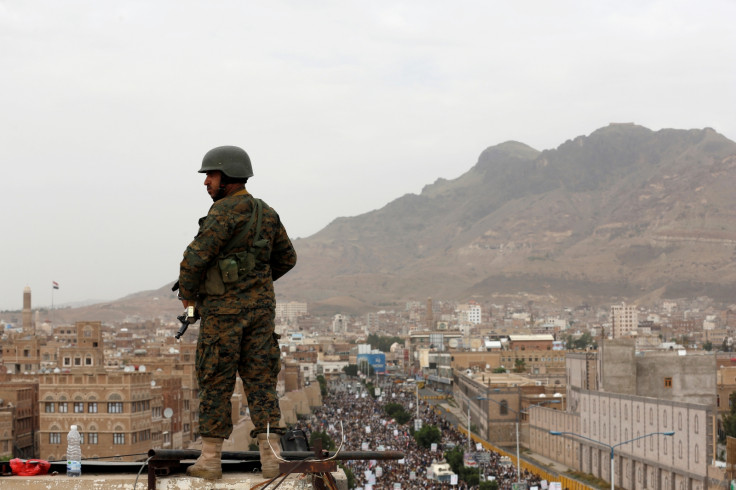MPs call for probe into human rights' breaches in Yemen conflict by Saudi-led coalition forces
It follows MPs retracting statements that the Saudi-led coalition had not broken humanitarian law

British MPs are calling for a probe into how the Saudi-led coalition is conducting the war in Yemen over claims that it has flouted human rights.
A letter by the Chairman of the International Development Committee, Stephen Twigg, to the new foreign secretary calls for an investigation after the government retracted statements to parliament that the coalition had been assessed as not being in breach of international humanitarian law (IHL).
In the letter to Boris Johnson, Twigg states: "Last week's corrections are a significant revision of the evidence the government has given to my committee and to parliament and call into question the depth of the UK government's specific assessments of Saudi operations or of the evidence heard by my committee on alleged violations of IHL.
"I appeal to you to take a different approach from your predecessor, and to now press for a truly independent, international investigation into violations of IHL in Yemen," the Press Association reported.
It is estimated that civilians make up more than half of the 6,000 people killed since war broke out between Houthi rebels and forces loyal to the exiled president Abdrabbuh Mansour Hadi.
The letter comes as Amnesty International called for organisations to get unrestricted access to provide aid to the war-torn country.
Amnesty says that both Huthi and Saudi Arabia-led coalition forces are restricting the delivery of aid.
Lama Fakih, senior crisis adviser at the charity, said: "Unfettered humanitarian assistance must be allowed to all those in Yemen desperately in need of food, water and sanitation and all parties need to let the aid workers do their jobs without interference or obstruction."
The Saudi-led coalition has blockaded Yemen's entry points, including the airport in the capital, Sanaa.
Meanwhile, the international medical aid agency Doctors Without Borders (MSF) has warned that the restriction in emergency supplies is endangering the lives of thousands of patients in need of dialysis.
William Turner, MSF's chief in Yemen says those with kidney failure "are at a critical moment".
Adel Al-Hagami, from the Dialysis Treatment Centre in a Sanaa hospital, says patients who are unable to get their weekly dialysis treatment "will die".
Save the Children has said that nearly eight million children are going hungry every day in a country where 40 per cent of the population is aged under 15. More than 80 per cent of people need aid agencies and the United Nations for essentials such as food and healthcare.
© Copyright IBTimes 2025. All rights reserved.






















